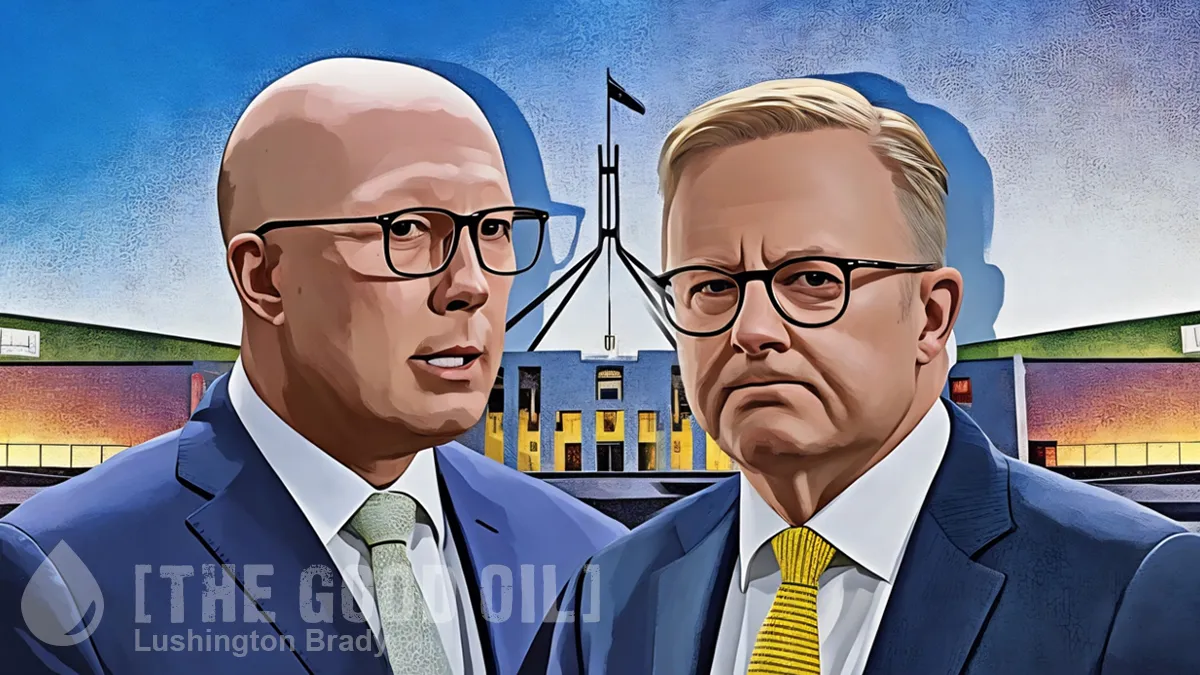In addition to the National-led Government, New Zealand is also governed by 11 regional councils, 13 city councils and 53 regional councils. It is refreshing to finally have a centre-right central government that is vocally committed to controlling government spending but, as local authorities continue to tax and spend without restraint, more needs to be done to apply financial discipline across the board.
While the number of authorities have dropped significantly from the 850 that existed prior to the 1989 local government reforms, those that remain have found plenty of ways to expand their governance bureaucracy with identitarian boondoggles that expand the number of noses in the trough without any democratic accountability. Auckland Council has 10 such advisory panels:
● Public Art
● Disability
● Ethnic Communities
● City Centre
● Auckland Urban Design
● Pacific Peoples
● Rainbow Communities
● Seniors
● Youth
● Rural
To satisfy the requirements of the Local Government Act to represent the interests of future communities and consider the views of young people who will be affected by their decisions in the future, many councils also have youth councils, with the cost of each of these running into five-figures annually.
Prime Minister Christopher Luxon delivered a message that was not popular with the rates-dependent leeches serving on local authorities: tighten your own belts before coming to central government for help. The Local Government New Zealand conference, held in the $180 million Tākina building constructed by Wellington City Council, was told by Luxon that the building the conference was held in exemplified “foolish” decisions to embark on largesse construction projects with “pipes bursting in the streets” up the road.
Local Government Minister Simeon Brown wants councils to focus on core spending and has revealed that councils will face rates increase caps on non-core spending such as those in some states of Australia. While I agree that is a step in the right direction, it is akin to sticking a finger in a dyke to stop a flood. It is unsustainable and such caps are subject to political whim, like in Victoria, where the caps are set annually by the state government.
The role of Local Government ought to be explicitly defined in legislation. The original Local Government Act 2002 went some way toward doing this in section 11(a); a role which I proposed Auckland Council should restrict its own activities to,when I stood for the mayoralty in 2013.
Section 11 (a) states:
11A Core Services to be considered in performing role
In performing its role, a local authority must have particular regard to the contribution that the following core services make to its communities:
(a) Network infrastructure
(b) Public transport services
(c) Solid waste collection and disposal
(d) The avoidance or mitigation of natural hazards
(e) Libraries, museums, reserves, and other recreational facilities and community amenities
Unfortunately, section 11(a) was repealed by the Local Government (Community Well-being) Amendment Act 2019. This amendment also replaced section 10(b) Purpose of local Government with:
(b) to promote the social, economic, environmental and cultural well-being of communities in the present and for the future.
Some ignorant reporting from the NZ Herald claims National abolished the “four well-beings” in 2012, but legislation.govt.nz shows they were in fact introduced by Labour/NZ First in 2019. Removing those “four well-beings” is one of a raft of changes that have been announced by the Government. Others include:
Investigating performance benchmarks for local councils.
I don’t know if it is really possible to performance manage councils without clearly stating and enshrining their purpose first. This cannot include vague concepts such as community amenity, future communities or cultural well-being. It needs to be something like a constitutional document for local government that states what councils can and must do, prohibiting activities beyond explicitly stated activities.
Investigating options to limit council expenditure on nice-to-haves through a regulator that would cap rate increases for non-core spending.
I would prefer they simply transition councils to an explicitly defined role rather than attempting to regulate the funding of non-core services. Repair the dyke, rather than put your finger in the hole.
Reviewing transparency and accountability rules to make it easier for councillors to request information from council staff, possibly by a written question system.
I’d be curious to know what barriers could be in place to stop elected representatives seeking information from the council they govern.
Reforming the code of conduct process to balance councillors’ freedom of speech rights with spurious and politicised code of conduct investigations.
This is an important step. Mayor of Invercargill Nobby Clarke’s use of the word “nigger” could be deemed inappropriate and offensive but that is a matter for the voters of Invercargill to determine at the next election. Clarke has been found to have breached the council’s code of conduct three times since 2020, with some resulting from complaints by other elected representatives, leading to expensive investigations by a private law firm. Codes of conduct for elected representatives are highly politicised and fundamentally anti-free speech, which makes it an easily weaponised tool to stifle political freedoms.
The National-led Government is taking positive steps to reduce the cost of governance on New Zealanders at multiple levels, but I think this should also be accompanied by an investigation into alternative ways for councils to raise revenue beyond charging rates on property owners. Such a review should be based upon a desire to spread the cost of core council services across those who use them after the role of local authorities has been explicitly defined by legislation.









